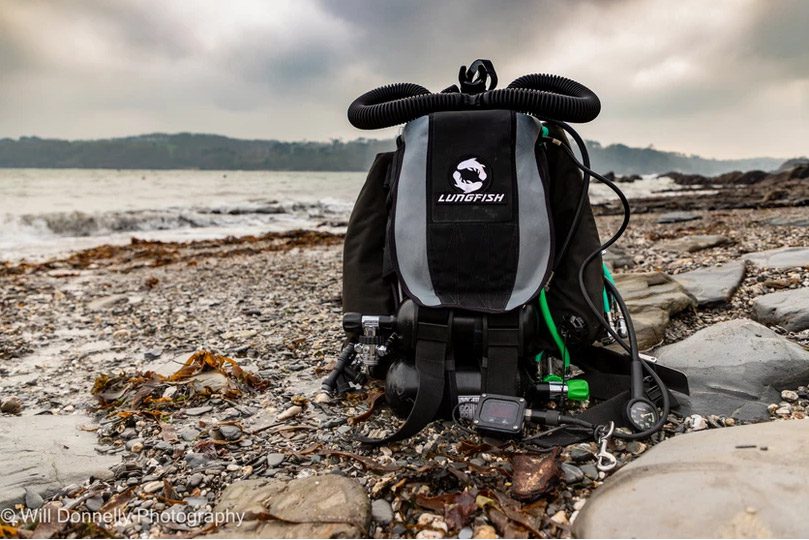WOB0.01J
Contributor
I have been using my se7en for about 2 years now, and been enjoying diving it so far (about 35 dives in with a lot of ups and downs). I have been thinking about moving towards the M28 and solid-state sensor in the near future since SSS is having excellent track record as for right now. ( I just dive the paddle right now, and it has served me well )
From said that, what exactly is the difficulty to achieve a reliable CO2 sensor technology? How far are we until we reach this point? IMHO SSS sensors are reliable as it is plus CO2 sensor would probably make CCR divers' way more confident about the dive. Because a CO2 hit is probably the most frightening part with rebreathers.
From said that, what exactly is the difficulty to achieve a reliable CO2 sensor technology? How far are we until we reach this point? IMHO SSS sensors are reliable as it is plus CO2 sensor would probably make CCR divers' way more confident about the dive. Because a CO2 hit is probably the most frightening part with rebreathers.





